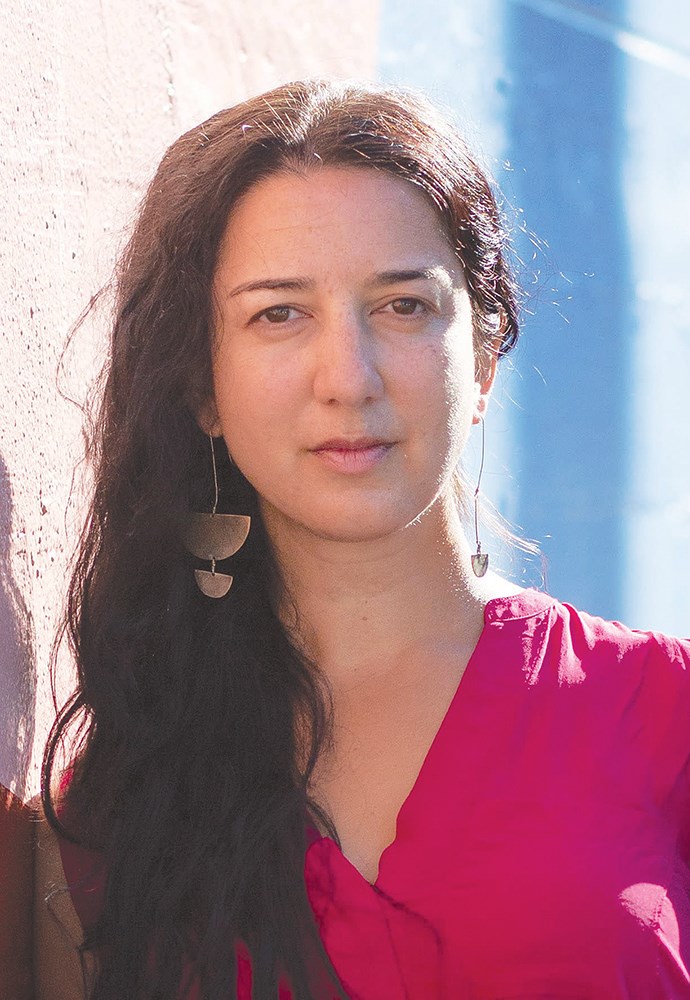An online book club newly launched by B.C.’s human rights commissioner has selected an alumna of the Sunshine Coast Festival of the Written Arts as its first author recommendation. Montreal-based novelist and poet Heather O’Neill published the best-selling Lullabies for Little Criminals in 2006. On Dec. 10, coincident with Human Rights Day, human rights commissioner Kasari Govender named the book as one of her two inaugural monthly selections.
“A big part of our mandate is education,” said Govender, who was re-appointed by the BC Legislature in September to a second five-year term. Her office is charged with ensuring that human rights are protected and respected on a societal level. “We consider [our mandate] as shifting hearts and minds to think about human rights. And one of the ways that I know that I’ve learned a lot about human rights is through books, through the power of story, through the power of words.”
O’Neill was a featured presenter at the Sechelt writers festival in 2014, when she appeared as part of a program that included other Canadian literary giants like Richard Wagamese, Miriam Toews and Terry Fallis.
Lullabies for Little Criminals sheds light on the subtle struggles of children who grow up in poverty, exploring themes of addiction, exploitation and the impact of systemic failures on vulnerable populations. A recent study by the human rights commissioner, Rights in focus: Lived realities in B.C., explored similar topics using province-specific research and included sections on inequities in child welfare and the social safety net.
O’Neill’s novel, Govender said, “is a story about love and the complexity of being raised by a father who’s basically a child himself, struggling with his own issues but also the incredible love that they have for each other. Inadvertently, one of the themes of the book club that’s emerged is the power of love in the face of trauma. It’s not something we set out to do, but when I was going through our final book selection titles, I realized that that really emerged as a golden thread.”
Govender, a University of Victoria-educated lawyer who also earned a master’s degree in human rights law from Oxford, admits that austere logic — while her go-to strategy for navigating problems — is not a universally effective way of enabling enlightenment. “I think curiosity is a huge part of human rights learning,” she said, pointing to the role of oral narratives in Indigenous legal traditions. During COVID, her office commissioned expert reports on how Indigenous laws addressed manifestations of hate in their communities. “Law, in many Indigenous cultures, is expressed through story and ceremony,” she added.
The book club — which offers accompanying discussion guides, but “no meetings, no schedules” — will also suggest a monthly title for children. Its December selection is Strictly No Elephants by Lisa Mantchev. The 2015 book offers an introduction to the importance of kindness and inclusion across differences, using emotional connections of diverse human and animal relationships. The connections model the role of empathy and care in building healthy communities.
“We’re talking about big, potentially difficult subjects and important human rights concepts,” Govender said, “with the addition of a lyrical way of telling a story that really draws a child in.”
Monthly book recommendations and accompanying materials are available online by browsing to bchumanrights.ca/commissioners-book-club.



